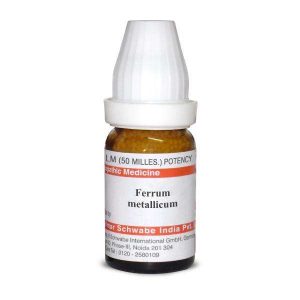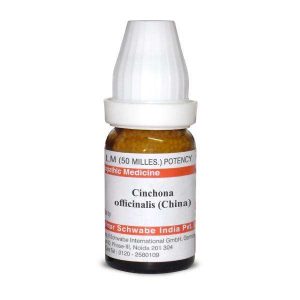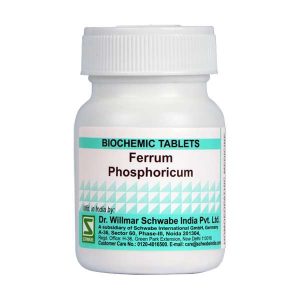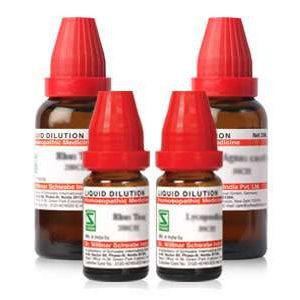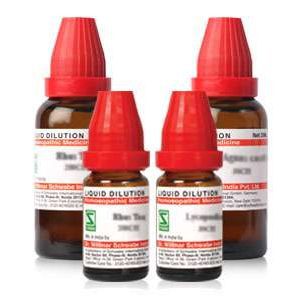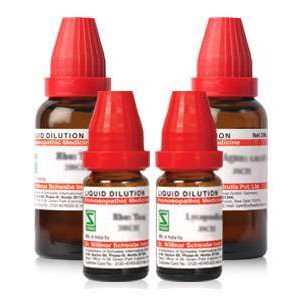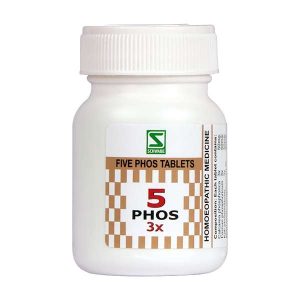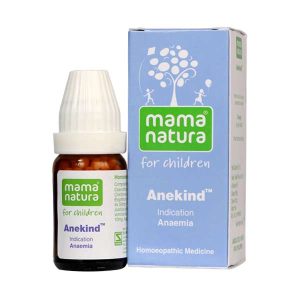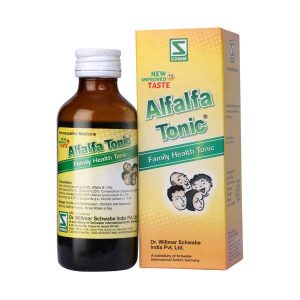
Anemia During Pregnancy: Causes, Symptoms, and Treatment
- Dr. Aditi Sharma
- March 14, 2022
- No Comments

Anemia is a condition in which the blood does not have enough healthy red blood cells to carry enough oxygen to the tissues in the body. This leads to the dysfunction of other organs and functions. It is also called low haemoglobin levels because the red blood cells contain the pigment hemoglobin. This iron-rich protein is essential for the oxygen intake of cells. Anemia is generally defined according to hemoglobin levels, which may vary according to many factors most notably age, gender, and ethnicity. When the hemoglobin level in an adult male is below 13 g/dL, and an adult woman is below 12 g/dL, it is considered abnormal. Hemoglobin less than 11 g/dL during pregnancy is considered anemia.
During pregnancy, a woman’s body needs more hemoglobin to fulfil the oxygen demand of the growing fetus. When the hemoglobin levels are low during pregnancy, it leads to low birth weight, and premature birth in the child, and might cause maternal mortality.
The prevalence of anemia in pregnancy in India is among the highest globally. According to many surveys conducted by the Indian Council of Medical Research, hemoglobin (Hb) level below 10.9 g/dl is the cutoff point for anemia during pregnancy.
Risk Factors for Anemia in Pregnancy
A pregnant woman needs more iron and folic acid than a normal non-pregnant woman. Pregnant women are more prone to develop anemia due to the excess amount of blood the body produces to provide nutrition for the growing baby. Some factors can be of much concern in pregnant women with anemia. They are:
- When a woman is pregnant with more than one child
- When a woman has two pregnancies close together
- Uncontrollable vomiting from morning sickness
- When a pregnant mother is underaged.
- Doesn’t get enough dietary iron
- Women who were already anemic before conception
- Vegetarians are at greater risk of developing vitamin B12 deficiency.
Types of anemia during pregnancy and its causes
1. Iron Deficiency Anemia
This happens when the body does not absorb or does not get sufficient iron to produce hemoglobin. Because of this, the tissues don’t get the required oxygen. Iron deficiency is the most common cause of anemia in pregnancy. During pregnancy, the fetus receives the blood cells from the mother for its growth and development and sometimes this causes depletion of the stored RBCs from the bone marrow of the mother leading to anemia.
2. Folic Acid Deficiency
Folic acid is a subtype of vitamin B that is found naturally in certain foods like green leafy vegetables. This is one of the essential factors for the production of healthy blood cells. During pregnancy, women need a little more to compensate for the needs of the baby. Folic acid is essential for preventing the baby from having birth defects in the brain and spinal cord.
3. Vitamin B12 Deficiency
Vitamin B12 is also an essential factor for the production of red blood cells and protein. It is usually found in food such as milk, dairy products, eggs, meats, and poultry. When a woman doesn’t get enough vitamin B12 from the diet, it causes vitamin B12 deficiency. Vegans are at high risk since they do not get enough B12 from the diet. Vitamin B12 deficiency may also contribute to birth defects, neural tube abnormalities, and preterm labour.
Symptoms of anemia during pregnancy
- Fatigue
- Paleness of the skin and mucous membranes
- Tachycardia
- Shortness of breath
- Pale or yellowish skin
- Irregular heartbeats
- Shortness of breath
- Dizziness
- Chest pains
- Coldness of hands and feet
- Headache
- Vertigo
- Concentration troubles
Management and Treatment of Anemia
The treatment of anemia during pregnancy depends on the symptoms, age, and general health of the pregnant woman. Usually, it is managed by taking iron, folic acid, and vitamin B12 supplements. A proper balanced diet and nutrition with lots of citrus fruits will help in the better absorption of iron.
Complications of Anemia During Pregnancy
The most common complication of anemia during pregnancy is the low birth weight of the newborn. Sometimes it might be a cause of preterm birth and postpartum depression. Some of the other problems encountered are:
- Extreme weakness of the mother
- In many cases, a blood transfusion might be needed
- The baby may be born with anemia
- The baby may have developmental delays
- The newborn baby may have a serious birth defect of the spine or the brain such as neural tube defects
Preventing Anemia During Pregnancy
- To prevent anemia it is essential to take a well-balanced diet that is high in iron and protein such as lean red meat, poultry, and fish.
- Take lots of leafy, dark green vegetables, fortified cereals, and grains with iron and vitamins, beans, lentils, tofu, nuts and seeds, and eggs.
- Vitamin C helps the body to absorb more iron when food containing iron and vitamin C are taken together. So it is good to include citrus fruits and juices, strawberries, kiwis, tomatoes, bell peppers, etc.
- Take foods that are high in folate to help prevent folic acid deficiency. These include leafy green vegetables, citrus fruits, juices, dried beans, bread, and cereals fortified with folic acid.
Tests for Anemia during pregnancy
Once a woman gets pregnant several routine tests such as blood, urine, etc, are done to check the condition of the mother and the embryo. As a part of those prenatal tests, complete blood analysis is done to know the levels of blood cells in the body and to determine if the woman has anemia or any other problems. These blood tests are recommended to be done during all three trimesters of the pregnancy. Some of the blood tests typically include:
- Hemoglobin test: To measure the amount of hemoglobin.
- Hematocrit test: To measure the percentage of red blood cells in a sample of blood.
Also Read Anaemia and its treatment in Homeopathy
Homeopathic medicines for Anemia
Homeopathy has supplements to compensate for the deficiency as well as there are many well-indicated remedies for treating anemia. Any medicine can only help to balance and sustain the levels of haemoglobin to a certain level. Proper food at regular intervals which contains a balanced nutrient portion is essential to maintain health. Anemia can be managed by proper intake of food rich in iron sources. When taken with such a diet, these medicines help in better absorption and utilization of iron by the body.
Some of the well-known homeopathic medicines for anemia are:
Ferrum metallicum
This is one of the topmost homeopathic medicines to treat anemia. It treats symptoms such as paleness with extreme weakness, giddiness, pulsating headaches, shortness of breath, ringing in the ear, cold extremities, etc. it is especially indicated for women with heavy bleeding during menses.
China officinalis
It is indicated for anemia due to excessive blood loss due to all kinds of bleeding such as injury, excessive bleeding during periods, bleeding from any orifices of the body, etc. There is marked pallor and coldness of the skin and mucous membranes. The face appears pale with sunken features. China helps to control the bleeding and restore the lost blood.
Aletris farinosa
It is especially indicated for women suffering from anemia. They are very weak with marked prostration. This is well suited for women who have had repeated miscarriages and abortions and also heavy bleeding during periods.
Ferrum phosphoricum
It acts as an iron supplement and restores the hemoglobin level to normal. It helps to increase the low haemoglobin levels. Some of the symptoms that can be treated by Ferrum phosphoricum are paleness of skin, anemia during pregnancy, increased pulse and heart rate, dizziness, and vertigo with violent palpitations.
-
 Aletris farinosa MTSale Product on sale
Aletris farinosa MTSale Product on sale₹515.00₹422.30 -
 Ferrum metallicum LMSale Product on sale
Ferrum metallicum LMSale Product on sale₹100.00₹82.00 -
 Cinchona officinalis (China) LMSale Product on sale
Cinchona officinalis (China) LMSale Product on sale₹100.00₹82.00 -
 Ferrum phosphoricumSale Product on sale
Ferrum phosphoricumSale Product on sale₹110.00₹90.20
Some of the other homeopathic medicines for anemia are Natrum muriaticum, Phosphorus, Picric acid, Alstonia, Arsenicum album, Vanadium, Nux vomica, Calcarea carbonicum, Calcarea phosphoricaum, Nitric acid, etc.
-
 Phosphorus CHSale Product on sale
Phosphorus CHSale Product on sale₹100.00₹82.00 -
 Nux vomica CHSale Product on sale
Nux vomica CHSale Product on sale₹100.00₹82.00 -
 Arsenicum album CHSale Product on sale
Arsenicum album CHSale Product on sale₹100.00₹82.00Rated 5.00 out of 5 based on 10 customer ratings -
 Natrum muriaticumSale Product on sale
Natrum muriaticumSale Product on sale₹110.00₹90.20
-
 Biocombination No. 01Sale Product on sale
Biocombination No. 01Sale Product on sale₹110.00₹90.20 -
 Five PhosSale Product on sale
Five PhosSale Product on sale₹110.00₹90.20Rated 5.00 out of 5 based on 1 customer rating -
 AnekindSale Product on sale
AnekindSale Product on sale₹125.00₹102.50Rated 5.00 out of 5 based on 1 customer rating -
 Alfalfa Tonic – GeneralSale Product on sale
Alfalfa Tonic – GeneralSale Product on sale₹135.00₹110.70Rated 5.00 out of 5 based on 21 customer ratings
Some of the best homeopathic medicines for anemia that Dr Willmar Schwabe India manufacturers are, Alfalfa Tonic, Five phos 3X, Anekind(for children), Biocombintion No:1, Atista radix MT, Boerhaavia diffusa MT, Alstonia scholaris MT, Galega officinalis MT, etc.


























